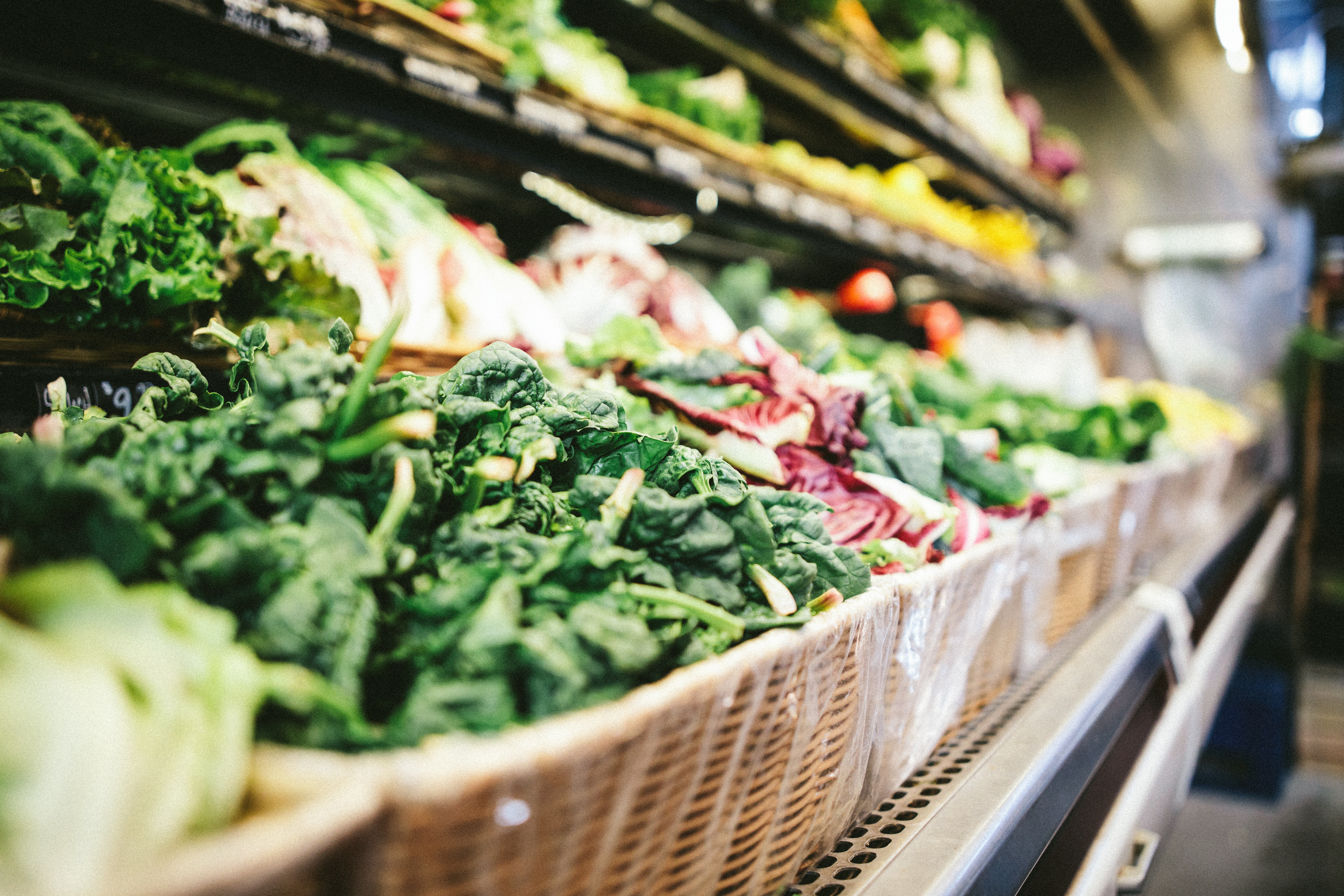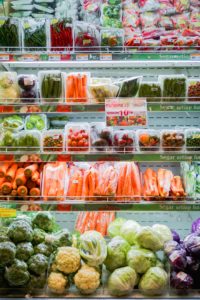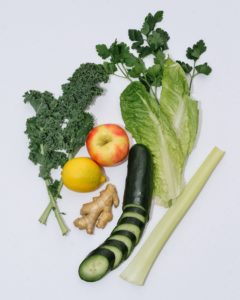
What is Food or Meal Prepping?
Many college students are in the transition from having fast access to meals and food to learning how to cook in their kitchens. For those of us whose experience with cooking extends to watching “Chopped” re-runs or ”The Great British Bake Off”, it can seem overwhelming when we begin to realize the amount of time, effort, and creativity it can require cooking our own food every day. Food prepping is the simple act of dedicating a chunk of time at some point in the week to batch cook different foods or meals to have on hand and ready for consumption. The commitment is whatever you want to make it and what works for your schedule. The beauty in meal prepping is that it’s not a one size fits all, and anyone can use it to their advantage.
So…if cooking is such a hassle, why food prep?
Student life is often busy and to say our time is limited would be an understatement. When we attempt to put together meals throughout the week, rushing between classes or after coming home from a long day on co-op, either the quality, the taste, or size of the meal can often be sacrificed. Without food prep, the inevitable hanger will set in, which often results in poor choices due to the lack of readily available food. Not only does food prepping avoid unfortunate hanger consequences, it also provides the proper nutrition our bodies crave and need to thrive. Another plus is that it makes it easier to budget your money more effectively. If most of your food intake is coming from your kitchen, you inadvertently avoid overpaying for single meals on a regular basis. You’ll soon realize that packing a homemade sandwich from ingredients you bought in bulk compared to one bought from Starbucks can equate to around 20 extra dollars at the end of the week.

Sounds great! How do I start?
Food prepping can be done in a variety of ways, but the most common way to food prep effectively includes weekly or biweekly grocery trips in order to keep track of your budget for food, as well as weekly or biweekly batch cooking sessions of an hour or two. The next steps can take a few different paths including:
- Bulk Prepping by Ingredient
This includes buying a few separate items that can be cooked in bulk and stored to be used in a variety of ways. You’ll want to have some sort of protein source, a few sources of carbohydrates, and some vegetables. The preparation method is all up to the individual. For example, you could chop up raw vegetables and pair with hummus for a snack, or throw them in a salad or sandwich. Or, conversely, you can wash and chop some brussel sprouts, carrots, and cauliflower and roast them in the oven. While they cook in the oven, you could grill some chicken or sauté some tofu, while on another pan you can roast some sweet potatoes or have rice or quinoa boiling in a pot or rice cooker. By having multiple ingredients prepped, you can combine them in a multitude of ways throughout the week so you don’t get bored. You can easily pair your chicken with some potatoes and vegetables, or put it in a wrap and grill it to make a quesadilla or an omelette— the possibilities are endless.

- Food Prepping By Meal/Recipe
Another method taken by some when food prepping is choosing a few meals you want to have and making a recipe with multiple servings to have throughout the week. This can include one pan meals, a skillet recipe, large pasta dishes, crockpot recipes, or stews/soups, which can all be easily found online and on apps like Pinterest. This can be a fun way to get creative in the kitchen and can even be social if you invite roommates or friends to join you in trying out fun, new recipes.
- Storing Food
Once your food is prepped and ready, you can store your meals or ingredients in Tupperware ready to microwave and reheat or mason jars to take to work. Now you will always have food available and easy to take on the go. This is a great way to get used to cooking in your kitchen, saving money and eating responsibly. Food prepping doesn’t need to be boring— feel free to change up the recipes and ingredients!